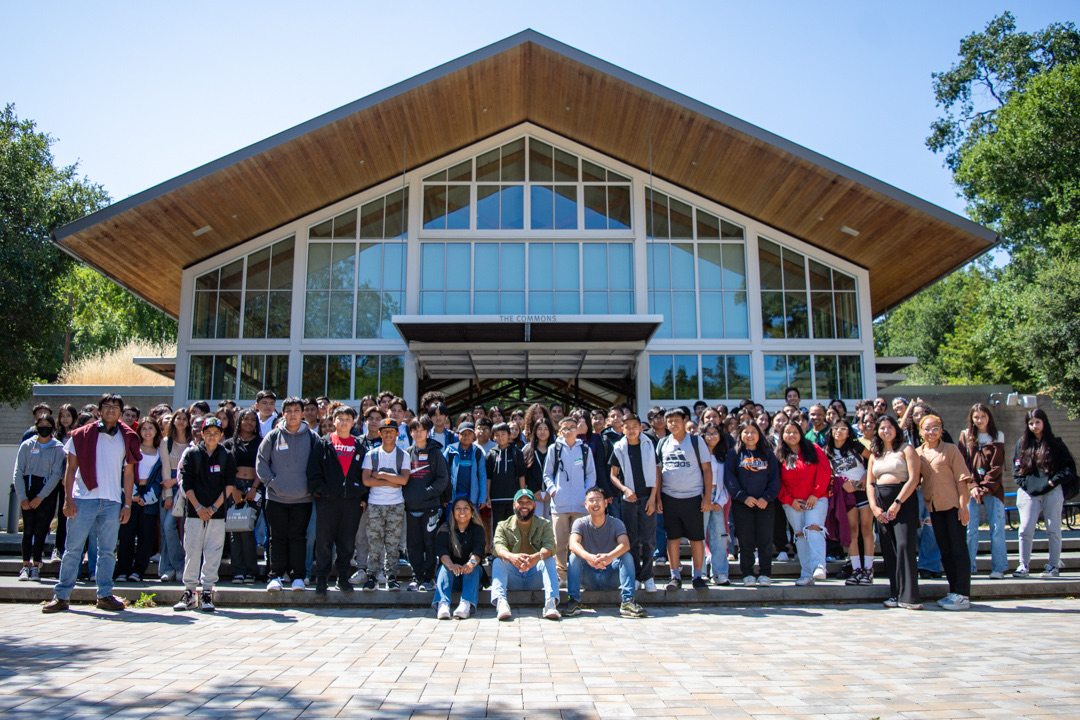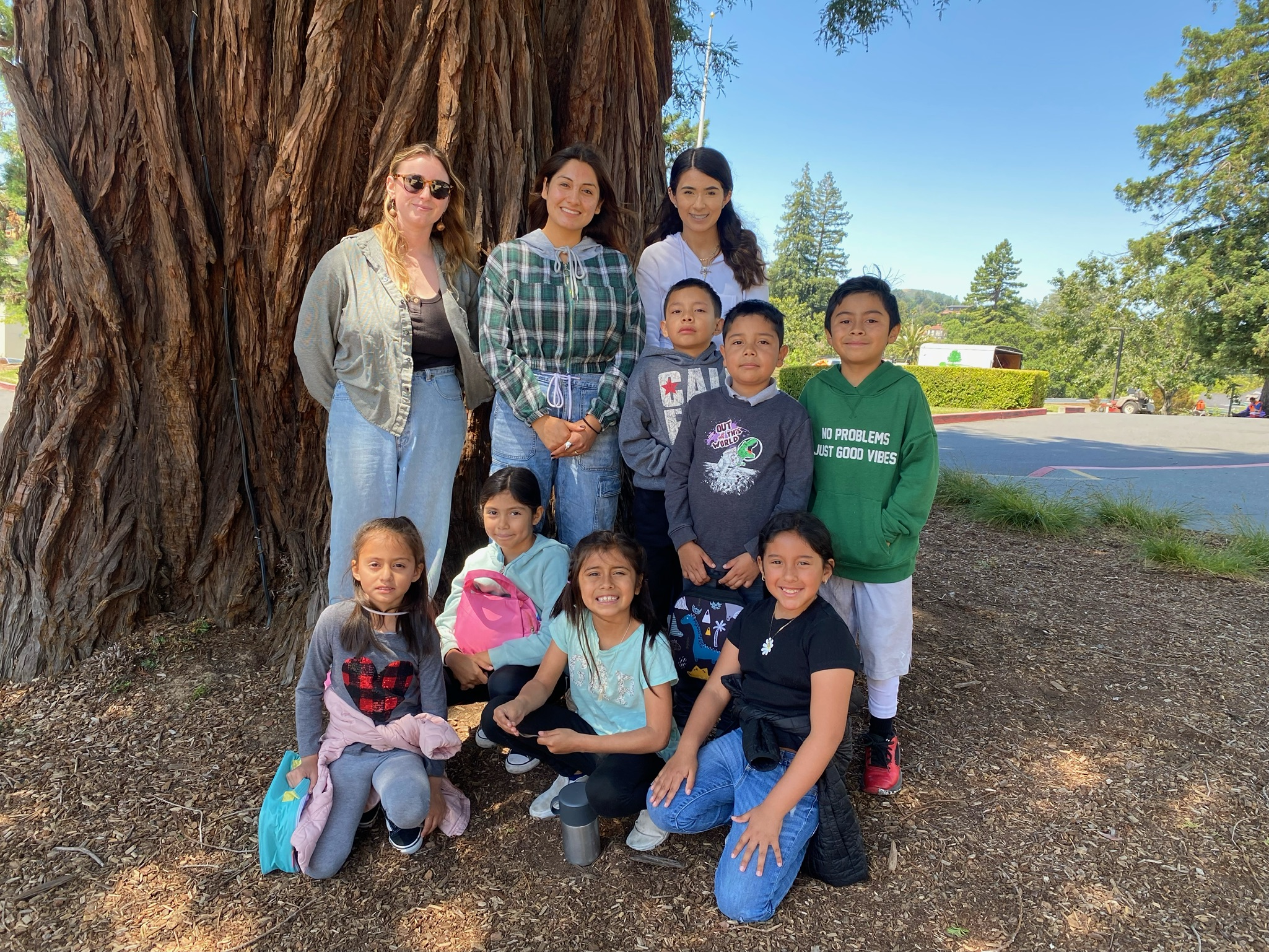
Next Generation Scholars: Empowering First-Gen College-Bound Students
Next Generation Scholars (NGS) operates in a community where students are not receiving the education they should. NGS addresses this inequity by offering rigorous academic programs and firing up the kids about college. This is a serious response to a serious issue, and we are impressed with the results—enough so that we gave NGS a bit of a boost by way of our small grant program. We’re persuaded it will be put to good use.
We put some questions to Next Generation Scholars Executive Director Nghiem Bui, to learn more about this work:
Kars4Kids: Can you tell us something about your demographic? What are the ages of the children you work with and what are their backgrounds and qualifications for your program?
Nghiem Bui: Our students start as early as 6 years old, first graders, who join us for the summer for our “Little Scholars” program, and are capped at 5th grade. Once they become middle school students, they are eligible for our year-round program, which essentially serves as an additional school classroom – after their traditional school hours and on the weekends. The year-round academy program extends through senior year of high school, and converts into the College Scholars program, where we see them to and through college graduation and into their first jobs. Our students are 97% first-generation college-bound; that means at least one and primarily both parents have not completed college in the United States and they or their parents immigrated to the U.S. Given our community, the majority of our students identify as Latino/a or Hispanic, 85%, 9% identify as Black/African American, and 6% identify as Asian/Asian-American. We have a selective admissions process that requires students to provide a writing sample, they visit a class and we observe their interactions with their peers. Annually, we ask the families to submit tax returns and 100% of our students are considered “low-income” according to county guidelines.
Kars4Kids: What are some of the obstacles a first generation college student encounters?
Nghiem Bui: Marin residents share world-class geographic benefits while coexisting in one of California’s most economically and educationally disparate regions. Marin is home to six of the Bay Area’s ten most racially segregated municipalities. 97% of NGS’ 1000 students and family members are BIPOC, immigrants, and under-resourced. Forty-two schools and organizations partner with us to serve the unique needs of the county’s educational ecosystem.
The most pressing needs are capacity-building resources to meet growth demands, to ensure more equitable access to direct services and wellness, and more personalized pathways out of poverty. Being first-generation means navigating a community, a process that no one in their family has done before them. It means, in many cases, becoming their family’s most educated person by the time they finish middle school. Being first takes courage to navigate the unknown and the uncertainty alongside their peers who are born into highly-resourced circumstances – with educated parents and native English speakers at home. These are hidden advantages that reveal themselves in a variety of systemic ways, including but not limited to the public, private, and higher education systems.
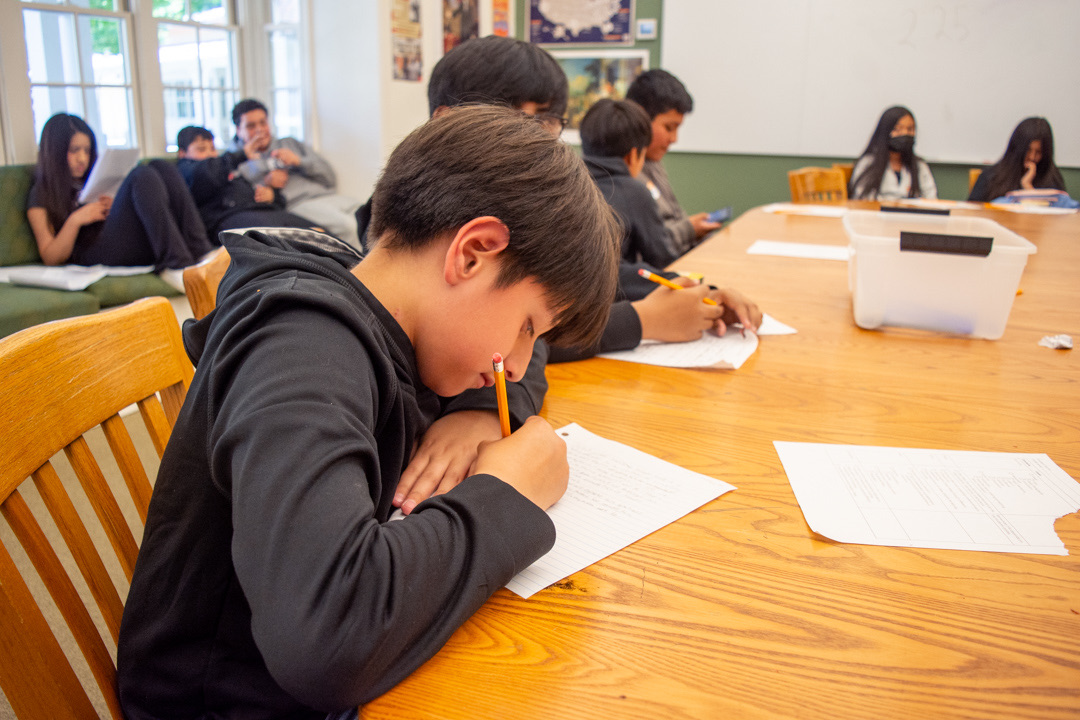
Kars4Kids: Next Generation Scholars aims to “empower and equip first generation, under-resourced Marin County middle and high school students to succeed in college and beyond.” This suggests that it is a foregone conclusion that students as young as middle school age will be going to college. It’s understood that a student has to have a college mindset in order to actually get there. But how much does mindset matter to the ultimate goal?
Nghiem Bui: The mindset that college is indeed within our students’ reach is critical to our Scholars’ success. NGS works to counter the societal indicators that make them feel that higher education is solely reserved for the elites. By beginning at a young age, engaging the entire family, and having first gen college graduates as mentors and teachers helps them see that a college degree is not just possible, but probable, which elevates their mindset on what and who they can become.
Kars4Kids: What percentage of your student participants actually do go on to college? To what do you attribute these numbers?
Nghiem Bui: NGS surpasses all nationwide statistics. 100% of high school seniors are admitted to four-year universities and colleges, with the resources and financial aid required to attend; and, 95% of them graduate college within 5 years. This last statistic is noteworthy, given the national average for students of similar socio-economic backgrounds to NGS Scholars is 40%. We attribute this long and successful track record to our unique approach, which includes: longitudinal services, from 6th grade to beyond their college graduation day; wrap-around family support, including social services, parent leadership and education opportunities; a customized curriculum designed for our Scholars’ lived experiences; and a leadership program that instills a strong sense of community, while strengthening the likelihood of college acceptances and financial aid awards.
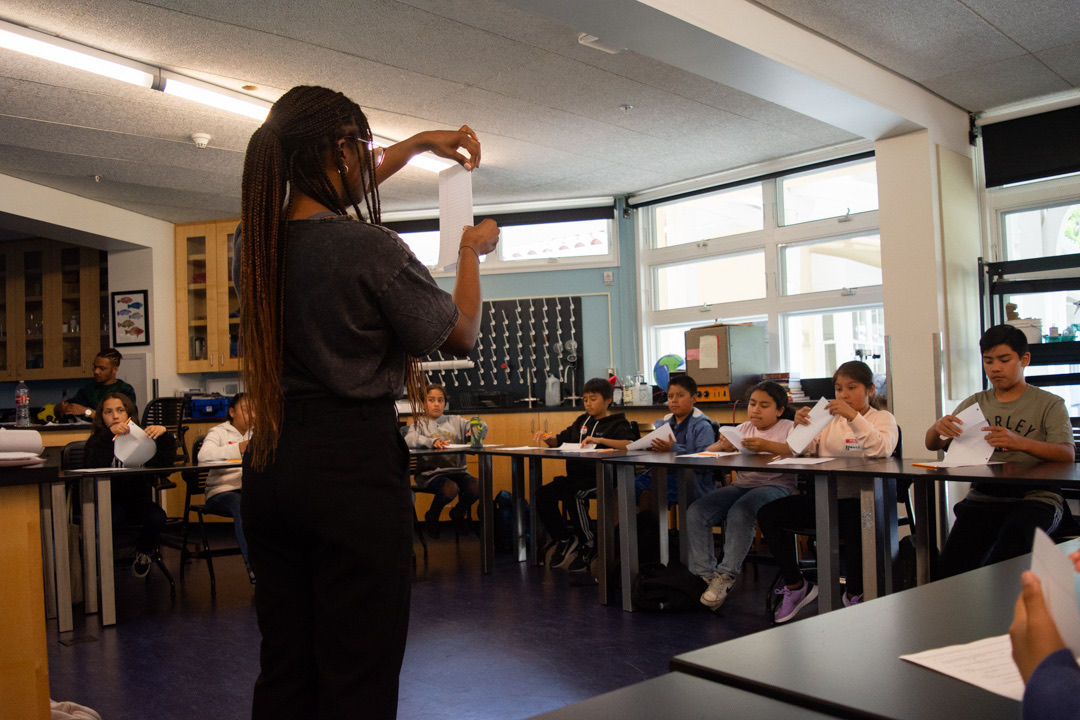
Kars4Kids: Can you give us an overview of your Academy academic year program curriculum? It looks as though not every student needs 1:1 tutoring. Do the others work in groups and if so, how many students per group? What indicates a need for special tutoring sessions?
Nghiem Bui: A deliberate and customized curriculum offers an interdisciplinary approach that addresses social justice issues and self-discovery, in addition to Scholars’ respective school curriculums. This added academic layer offers relatable material not available in their traditional school curriculum, helping them to find their voice, and their purpose in the world. It also requires more of their time, and adds more weekly homework, a testament to our Scholars’ desire and diligence.
NGS students are organized by cohorts aligned with their grade-levels, representing 27 local public and independent schools. Due to our longitudinal approach, they stay together from 6th grade through high school graduation, forging close bonds that last throughout their college years and beyond.
In general, Scholars are taught in their cohorts of 16 peers, with ongoing tailored and targeted academic and wellness assessments provided. When a Scholar requires extra support in a subject, due to falling grades or difficulty in mastering academic milestones, NGS provides individual tutoring services. When a Scholar exhibits signs of social/emotional stress, NGS provides assessments, and wellness services. Small group activities and study groups, full cohort classroom teaching, and individual support can all be found on any given day at the Scholar House.
Kars4Kids: What about your summer session? How does that work? Are the students generally okay about more learning even though school is over for the year? How do you make the summer program attractive to the participants?
Nghiem Bui: -Summer Academy provides a 5-week, full day experience that our Scholars look forward to every summer. A multidisciplinary curriculum, ranging from academic, enrichment, and physical activities, ensures learning, self-discovery, and fun. This Middle and High School program takes place at a local independent high school campus. Participation is voluntary, and we have a 65% rate of return each summer. Scholars surveyed report 88% “satisfied or highly satisfied” with the programs.
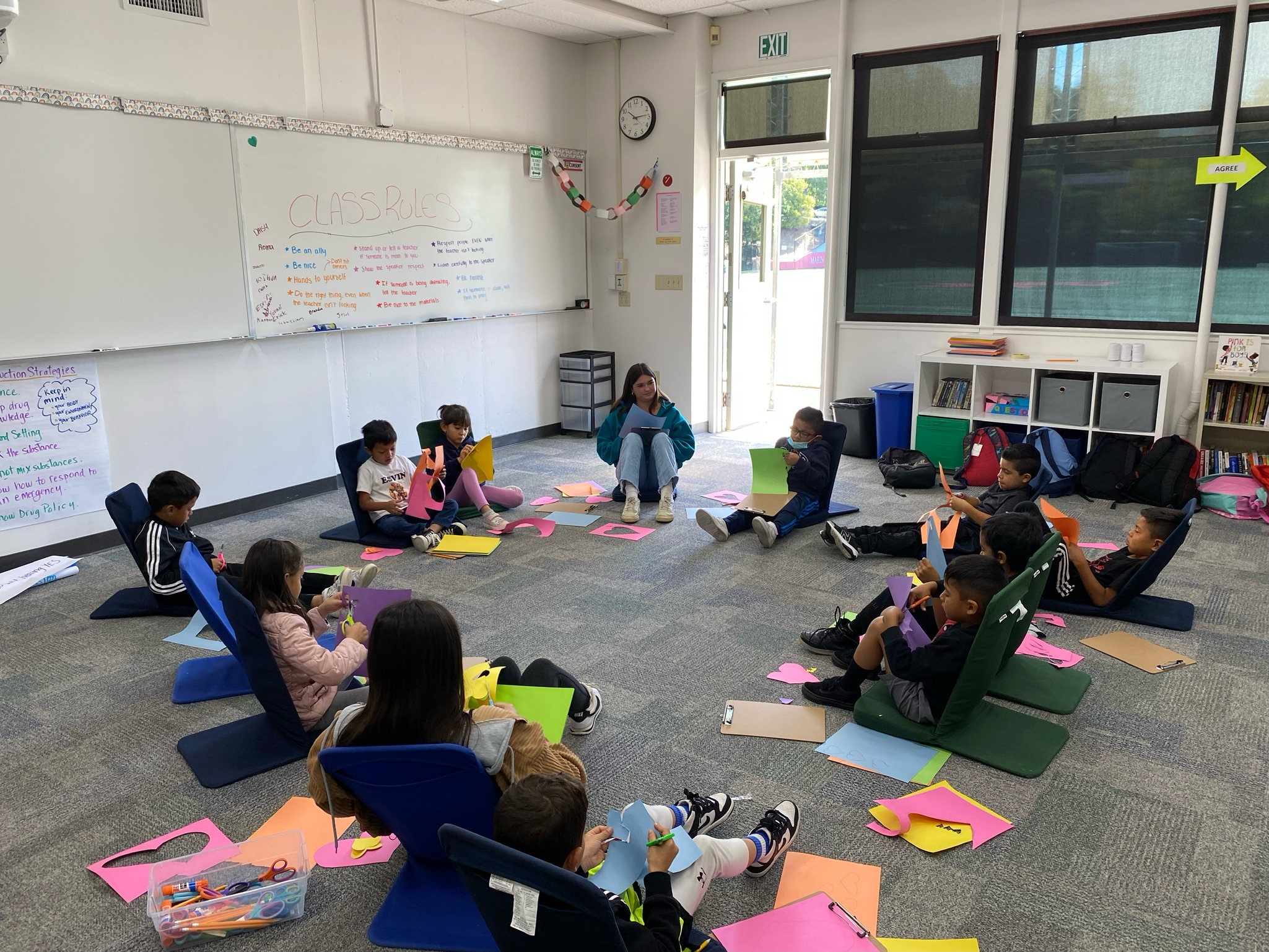
Kars4Kids: Talk to us about your Community Uplift program. What is it, and what are the ages of the participants? How does this program benefit the students and the community?
Nghiem Bui: “CUP,” as we call it, is an individualized rites of passage at NGS, a project that helps Scholars solve a problem in their community, while gaining leadership skills. Every Scholar is required to create and implement a project that has meaning to them, and helps to solve challenges in their community. Unlike a typical high school community service assignment, Scholars invest 5 semesters and 220 hours in the project of their choice. Examples of recent projects include “OutKast” – a student-led affinity space for young men in the Bay Area; and “Communication for Greatness” – one-page lesson plans supporting healthy parent-teen relationships.
Kars4Kids: Participants in Next Generation Scholars are called “Scholars” with a capital “s.” Why? Is there a pedagogical basis for this terminology and how it is written?
Nghiem Bui: This might take us back to your 3rd question, about instilling a college-bound mindset in our Scholars.
NGS is not a typical student-support program; it is not a homework drop-in club, or an after-school tutoring program. It is a successive, long term commitment on behalf of all Scholars and their family members. Referring to them as Scholars reinforces in them their need to reach beyond their comfort zone, while supporting the college-bound culture so critical to success on their pathway to and through college. Being a Scholar also reflects one of the organization’s values of curiosity and a “beginner’s mindset,” the lifelong process of learning and approaching life by asking questions.
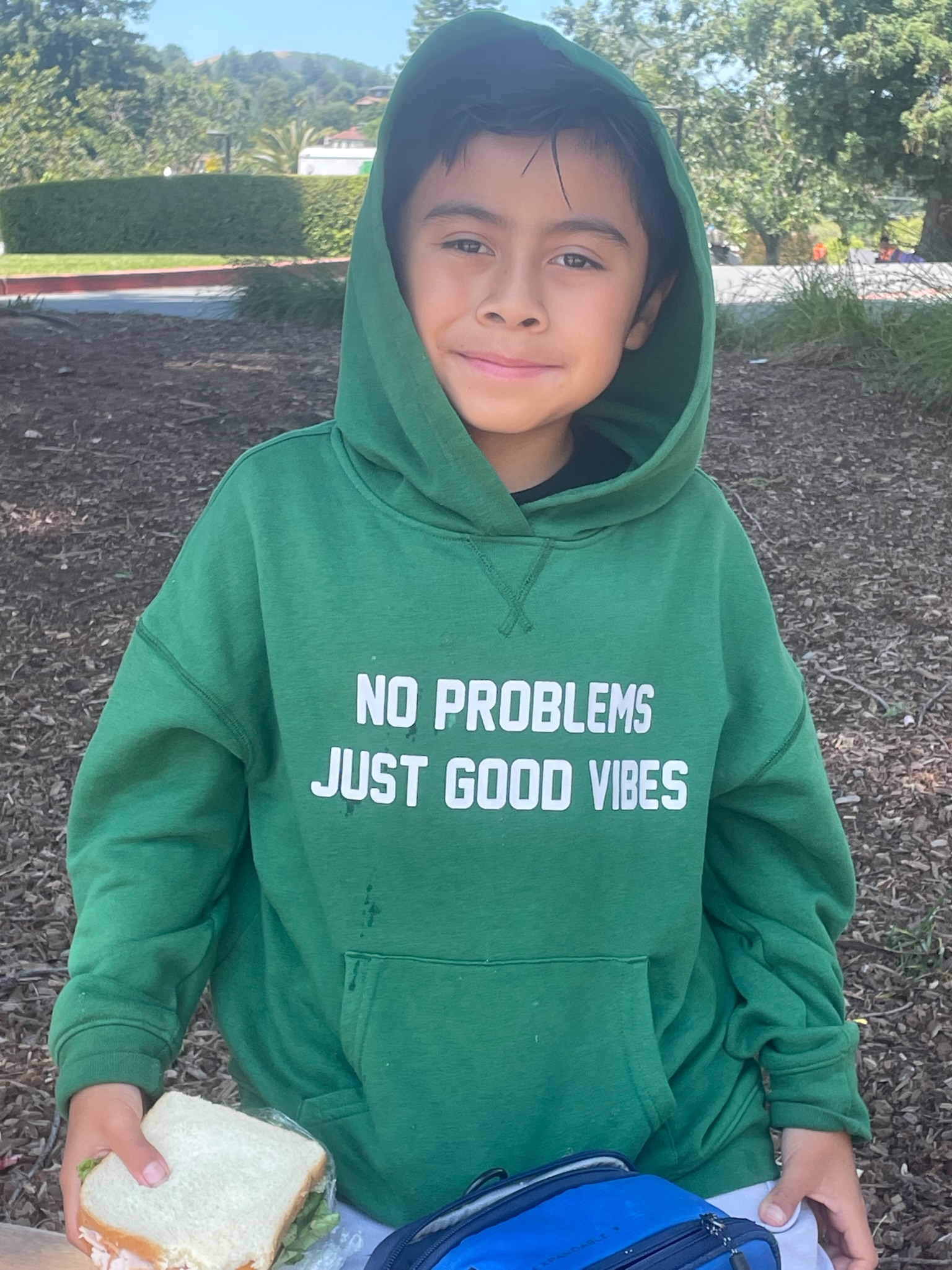
Kars4Kids: Can you share a success story of a Scholar who has participated in your programs?
Nghiem Bui: The Alvarado family is a prime example of NGS’ generational contribution to the community. After the father’s deportation, the mother of three and small business owner looked to us for help. The community rallied the network to bring customers and resources to renew her salon license. The oldest daughter, Alba, earned her family’s first-ever college acceptance to Wesleyan and statewide recognition for her community uplift project. The second sibling, Adriana, just graduated and is interning with us to teach and build our educational learning platform. The youngest sibling, Junior, completed his second year in college and received interview preparation and summer employment from our College Scholars career support. Just this month, the entire family returned to Guatemala to see the father for the first time in almost ten years, where they celebrated Alba’s acceptance to Harvard’s School of Public Health. Equipping individuals and families to navigate and overcome their challenges is precisely our purpose.
Kars4Kids: What’s next for Next Generation Scholars?
Nghiem Bui: Enrollment expansion plans and continued emphasis on social, physical, and emotional wellness, are our areas of focus at this time. Our 3-year strategic plan includes an initiative to expand overall enrollment by 25%, and with that comes the need for 25% more resources, more staffing, and more capacity to serve new enrollees and their families. Our summer program, at 160 students, is the biggest it has ever been, extending across two sites; our middle school is the biggest it has ever been, with 18 students per cohort. For comparison, only three years ago, our 8th grade class had just 9 students. This growth, in turn, places new demands on our fundraising efforts, and this grant from Kars4Kids will help with these efforts. We look forward to engaging in this new partnership, and we appreciate your support and your interest in learning more about our work and our mission at Next Generation Scholars.
